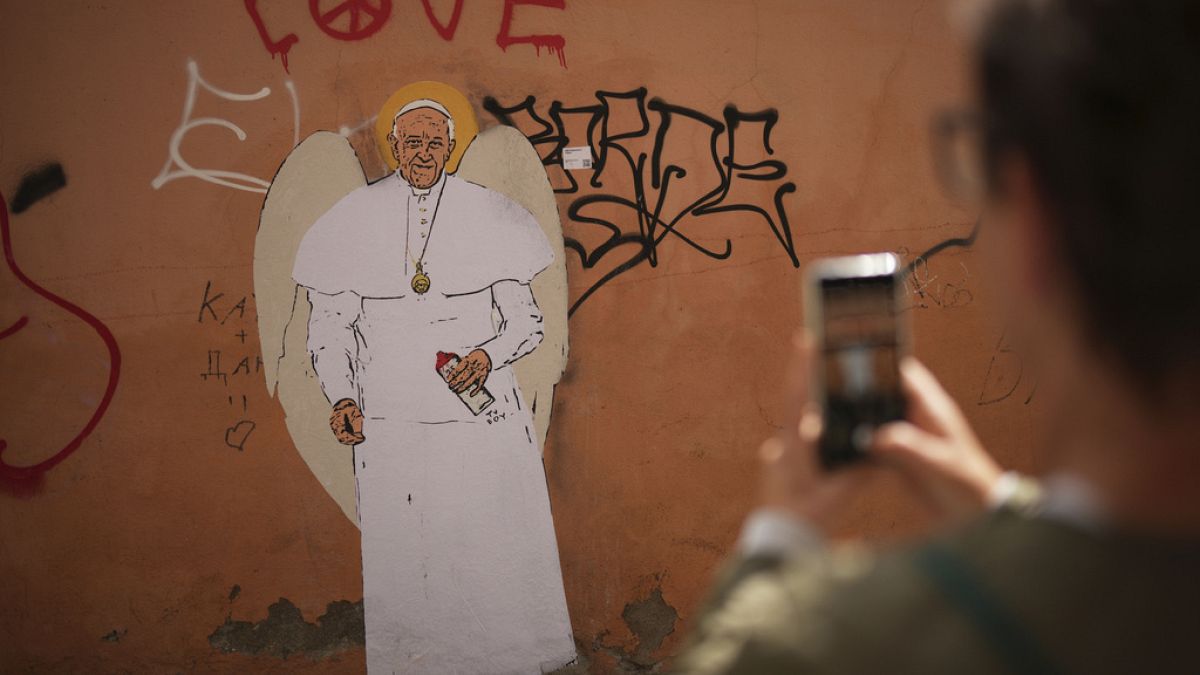Retailer Briscoe Group continues to defy economic trends by improving its sales over its fourth quarter.
The company — which owned Briscoes and Rebel Sport — said group sales for the three months ended January 26 were up nearly 1% on a year ago.
Full-year group sales were almost on par with the previous year’s record result at $791.5 million. The company’s performance continued to be an outlier compared to other struggling retailers.
Group managing director Rod Duke hailed the company’s performance.
“In a year which proved to be exceptionally difficult for retail, to deliver positive growth for the final quarter and drive full year sales to 99.94% of last year’s record group sales is a terrific achievement,” he said.
Briscoes said its fourth quarter sales growth was driven by promotional activity, helping boost homeware sales by about 1.3%, with sporting goods up by 0.4%.
“Whilst current sales growth is at modest levels, it is important to recognise this year’s level of sales represents a 21.20% increase since the year immediately prior to Covid (year-ended January 2020) or 3.92% compound average growth across the same period,” Duke said.
He said the retailer was focused on inventory and cost management.
Margins under pressure, tough start to 2025
Briscoe Group expected its full-year profit to be in line with recent guidance of greater than $66m, excluding a one-off, non-cash tax adjustment of $7.4m.
Duke said its gross margin remained under “significant pressure”.
“We expect the final reported full-year group gross profit margin percentage to be around 200 basis points below last year’s reported margin of 42.40%.”
Duke said it was still better than pre-Covid levels.
He added that the challenges in the retail sector had not gone away.
“We believe the difficult retail environment will continue into the 2025 calendar-year and expect the group’s first half to be especially challenging,” Duke said.
“However, the exciting strategic initiatives and incredibly talented team positions the group well to continue to optimise profitability as and when the economy recovers.”
By Anan Zaki of rnz.co.nz












